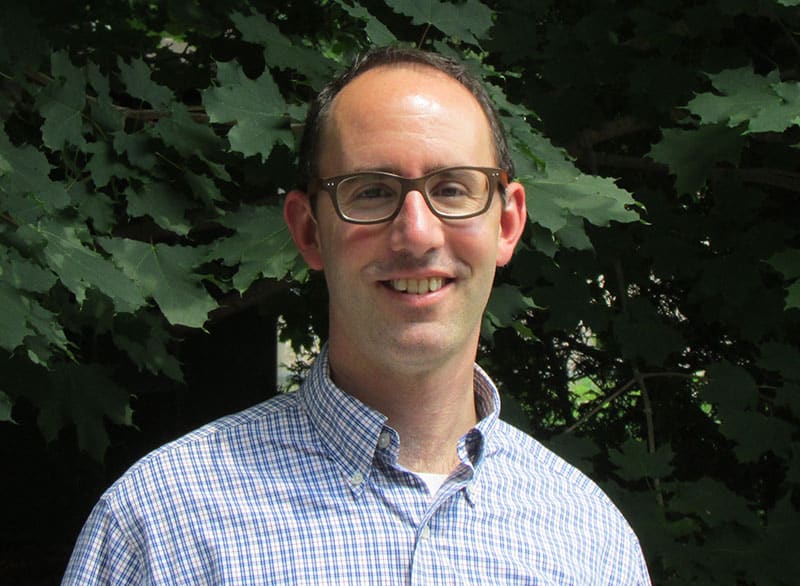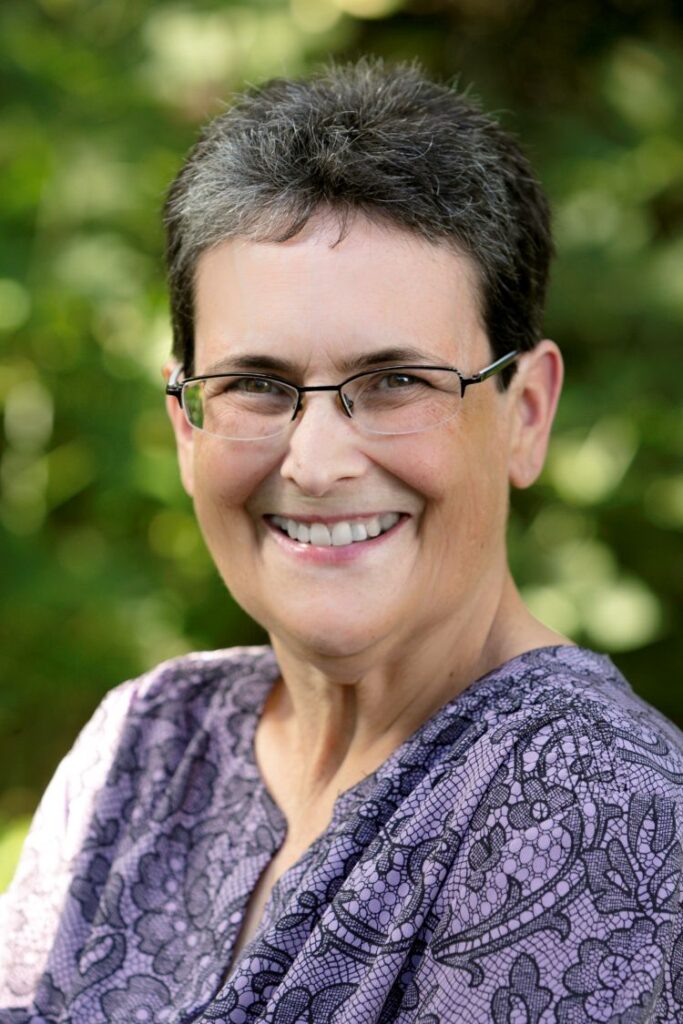
When a child or adolescent experiences a mental health issue, it can be a difficult and trying time. Not only does it affect the individual, but it can have a cascading effect across the family. Most parents naturally want the best for their child and work hard to find a solution. However, there are times when the guidance of a professional can bring clarity and a path forward. It may be surprising to learn that according to the CDC, anxiety, behavioral problems, and depression are the most diagnosed with children (aged 3-17).
Fortunately, you are not alone on this journey, our team of experienced children and adolescent psychiatrists can help. Whether your child is experiencing behavioral issues or may be struggling with something more persistent, IPC-MN can help.
Child & Adolescent Psychiatric Services
- Comprehensive Psychiatric Evaluation: The first step in our process is to conduct an initial evaluation with the child or teens, caregiver, family members, and review medical history. After this, we assess emotional and behavioral functioning using standardized screening tools to identify any conditions. These include ADHD, anxiety disorders, bipolar, or autism.
- Medication Management – If the diagnosis calls for the use of medication, our psychiatrists can prescribe and monitor medication treatment. This includes regular follow-ups to assess effectiveness, side effects, and other issues, which may warrant adjustments. We may also recommend traditional therapy depending on the specifics of the circumstances.
- Parental Guidance and Support – Our team often provides education to parents about managing their child’s condition, improving communications, and ways to reduce family stress.
- Coordination with Other Health Providers – As needed our team will collaborate with pediatricians, psychologists, speech therapists, occupational therapists, and social workers to provide comprehensive care.








